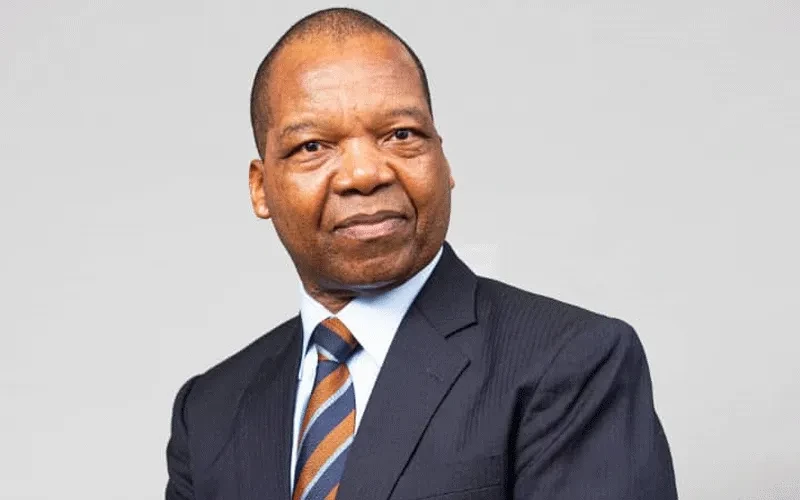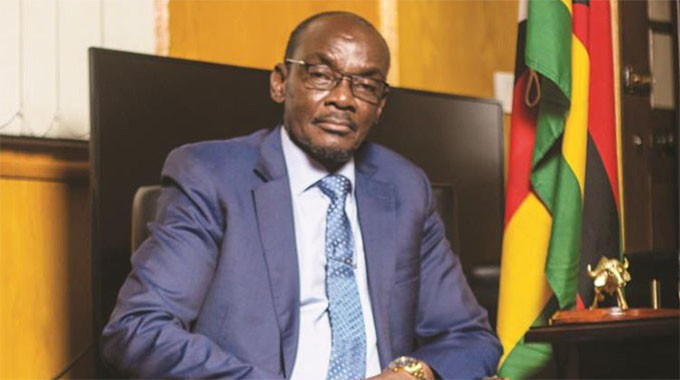
MUTAPA Investment Fund chief executive officer John Mangudya has called for stronger, investor-focused risk management frameworks to attract long-term capital into Zimbabwe’s energy sector.
The call signals the country's drive to mobilise private investment in power generation, grid modernisation and renewable energy development. This comes amid rising demand for electricity.
Such investments require at least US$2 billion, according to government estimates.
Mangudya made the remarks during Zesa Holdings Private Limited’s commemoration of a decade of using internal performance audits awards ceremony held in Harare on Friday last week.
Launched in 2015, the awards, dubbed the Zesa Risk Management Awards, honour units of the power utility that excel in business continuity, safety, compliance, maintenance and innovation.
“Effective risk management is not merely about avoiding pitfalls; it’s also about identifying opportunities within risks,” Mangudya said in a speech read on his behalf by the fund’s corporate affairs head Rugare Dhobbie.
“By leveraging comprehensive asset risk assessments and fostering transparency, we can empower investors to make informed decisions that strengthen the power sector.”
He highlighted three key areas that must be addressed to unlock capital: the adoption of cost-reflective tariffs, protection against currency volatility and accelerated implementation of energy projects.
- Mnangagwa renames Sovereign Wealth Fund of Zimbabwe
- Is Zim ready for Sovereign Wealth Fund?
- Mutapa Fund needs scrutiny
- Go back to the drawing board
Keep Reading
“We need clear and bankable frameworks that de-risk investment in generation, especially in solar, where Zimbabwe is targeting 1 000 megawatts,” Mangudya said.
“Our commitment to safeguarding investments is not just about protecting assets. It’s about enhancing trust and building long-term relationships with existing and potential investors.”
Zesa deputy chairperson Andrew Nduna said this year’s awards theme, In Pursuit of Environmental, Social, and Governance Excellence for Sustainable Energy Security and Socio-Economic Growth, aligned with Vision 2030.
“This reflects our unwavering commitment to building a resilient, low-carbon and inclusive future,” he said.
“We recognise the urgent need to balance rising energy demand with environmental sustainability, community empowerment and ethical governance.”
Nduna described the awards as more than a celebration of achievement, calling them a tool to reinforce a reform-oriented culture within the utility.
“It’s about fostering strong risk practices and inspiring others to follow suit,” he said.
One of the most pressing threats to Zesa’s infrastructure, officials noted, is vandalism, causing millions of dollars in annual losses through stolen cables, damaged transformers and disrupted service.
“This compromises electrical safety, causes prolonged outages, and diverts resources from development to damage repair,” Nduna said.
To address this, Zesa is investing in technology-based solutions.
Powertel’s Transformer Monitoring System, for example, features alarms and remote access capabilities.
Meanwhile, an in-house innovation, dubbed 'Grid Guard, uses sensors to detect abnormal vibrations or tampering on towers and substations, instantly alerting rapid response teams.
Officials stressed that while technology is important, community goodwill and wide stakeholder engagement remain critical to protecting national infrastructure.










